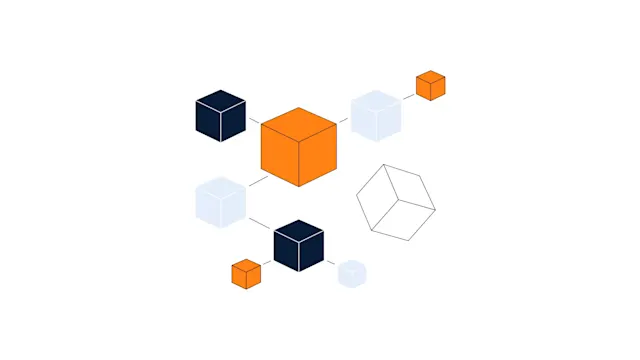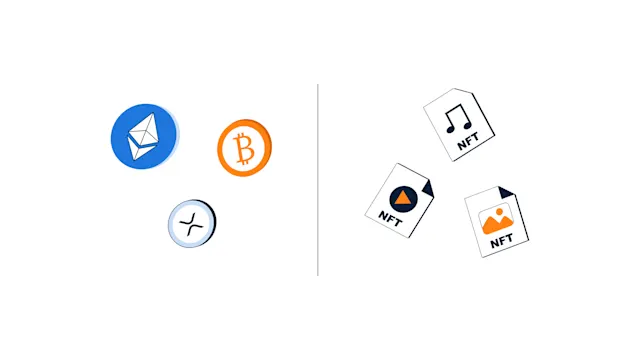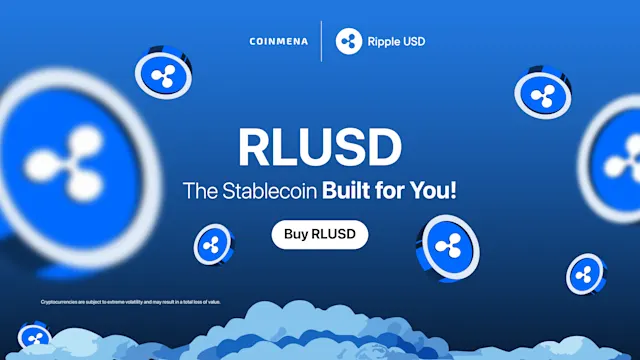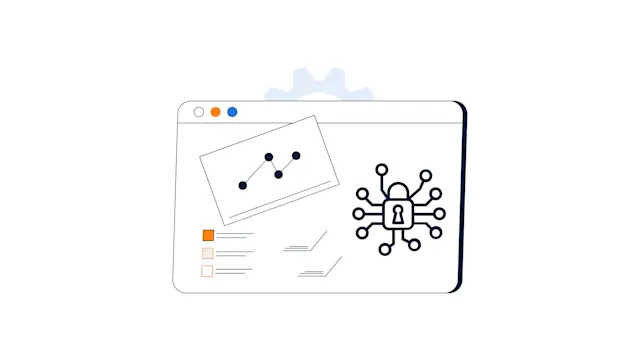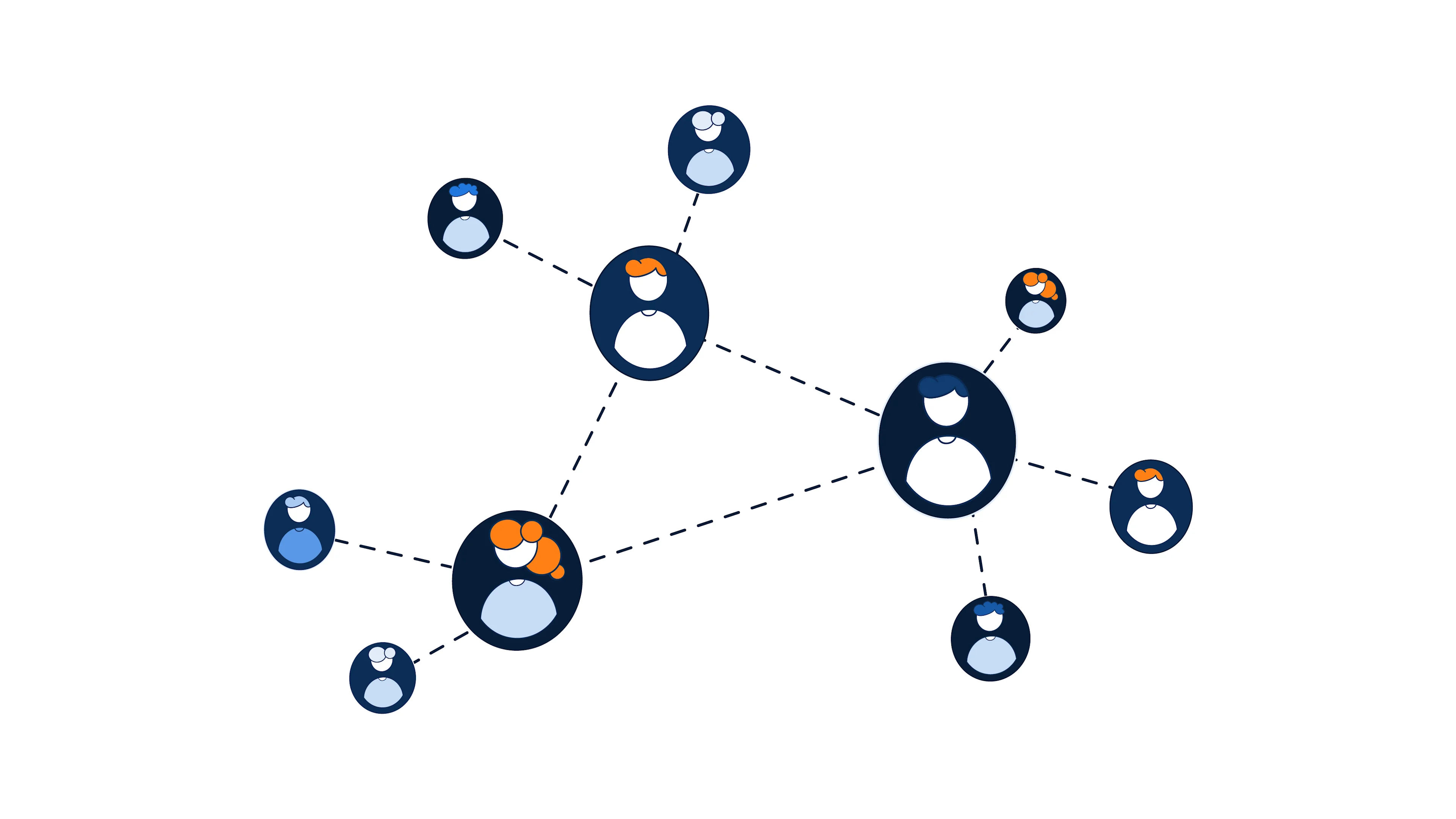
What Are DAOs?
DAOs are blockchain-based, self-governing organizations that enable participants to work toward a common goal on a trustless network.
DAOs are blockchain-based, self-governing organizations that enable participants to work toward a common goal on a trustless network. DAO members can communicate, pool capital, vote, and develop projects, demonstrating the future of blockchain technology and coordinated decision-making. DAOs start with an idea based on a defined goal, are organized using smart contracts, and stimulate action by granting access, voting rights, and ownership to contributors in exchange for tokens of the underlying project. Participants use governance tokens to vote on topics relevant to the DAO’s mission.
“Decentralized” refers to the distribution of power and resources so that no one entity—an individual, the government, or a financial institution—can unilaterally make changes or obtain majority control. In DAOs, governance is heterarchical rather than hierarchical: decisions are made collectively rather than by a central leader or an elite ruling body. Further, the level of decentralization in each organization is on a spectrum; some DAOs operate with a flat management structure, while others retain an element of centralization.
“Autonomous” represents independence from human interference to enable self-sustainable progress and maintenance. DAO token holders can submit proposals to suggest governance reform, funding, and long-term hires, allowing the members to communicate on specific business directives and enforce formal decisions through various voting methods. Once consensus is reached, resolutions are executed through multiple verification-secured funds to equitably carry out the DAO's intentions.
“Organization” signifies the structural makeup, internal processes, and execution of a group that shares a joint mission. Logistically, people often require conviction and motivation within a rules-based environment to coordinate successfully. Corporate bylaws and governmental enforcement of contracts provide this structure in the traditional business world. For DAOs, software on the blockchain creates this framework by embedding the organization’s rules and managing transactions in a programmatic, decentralized manner.
